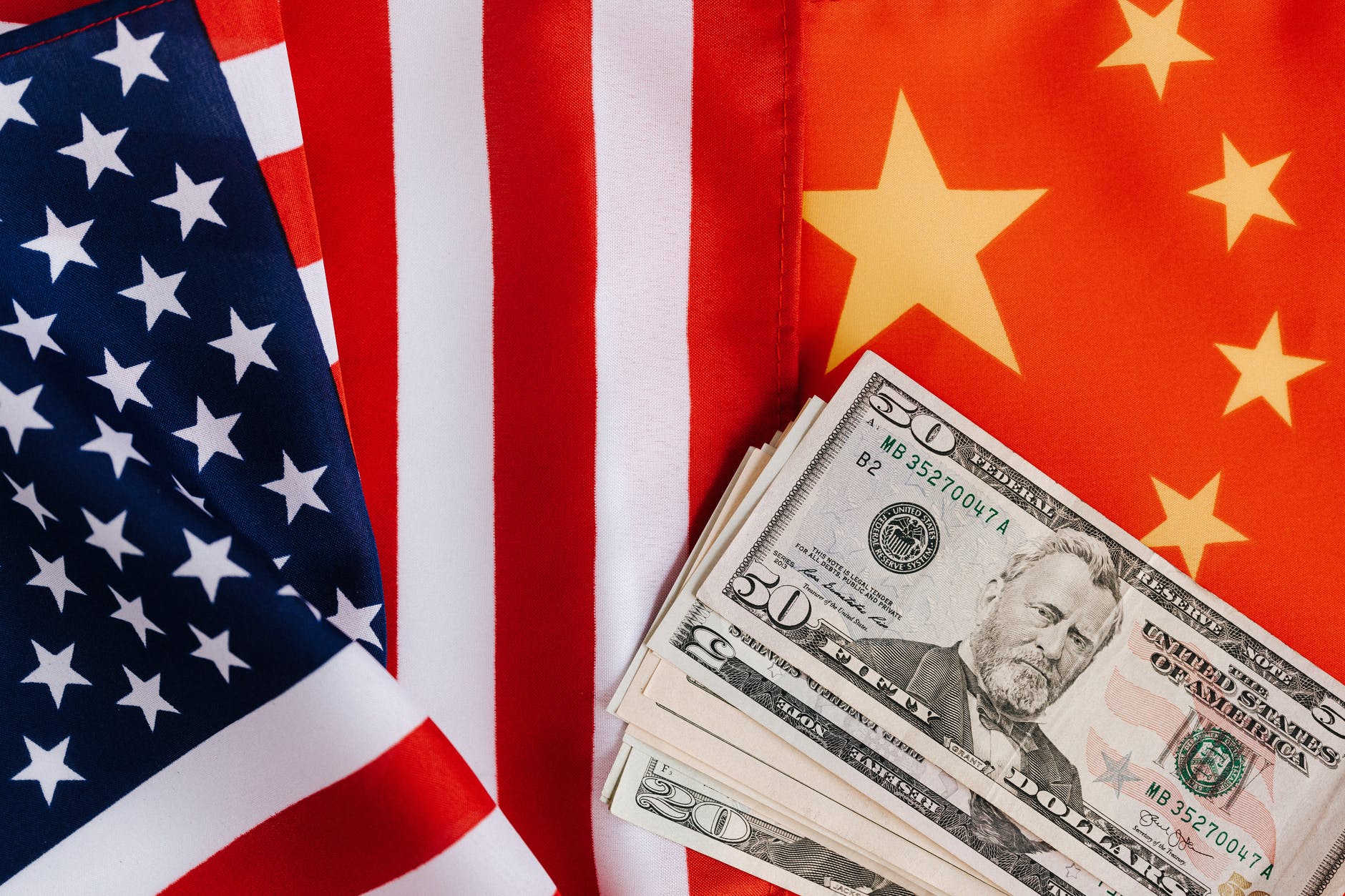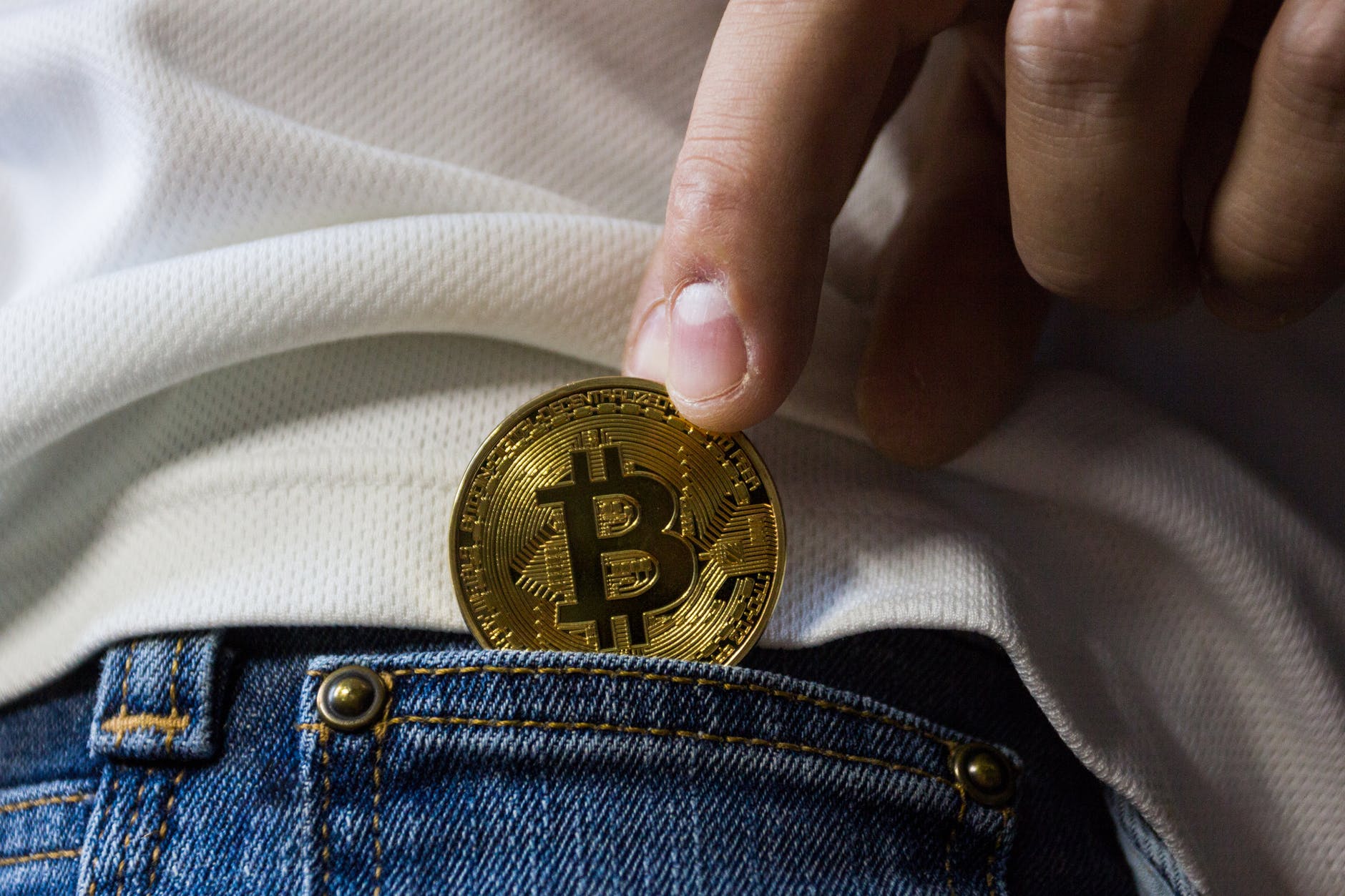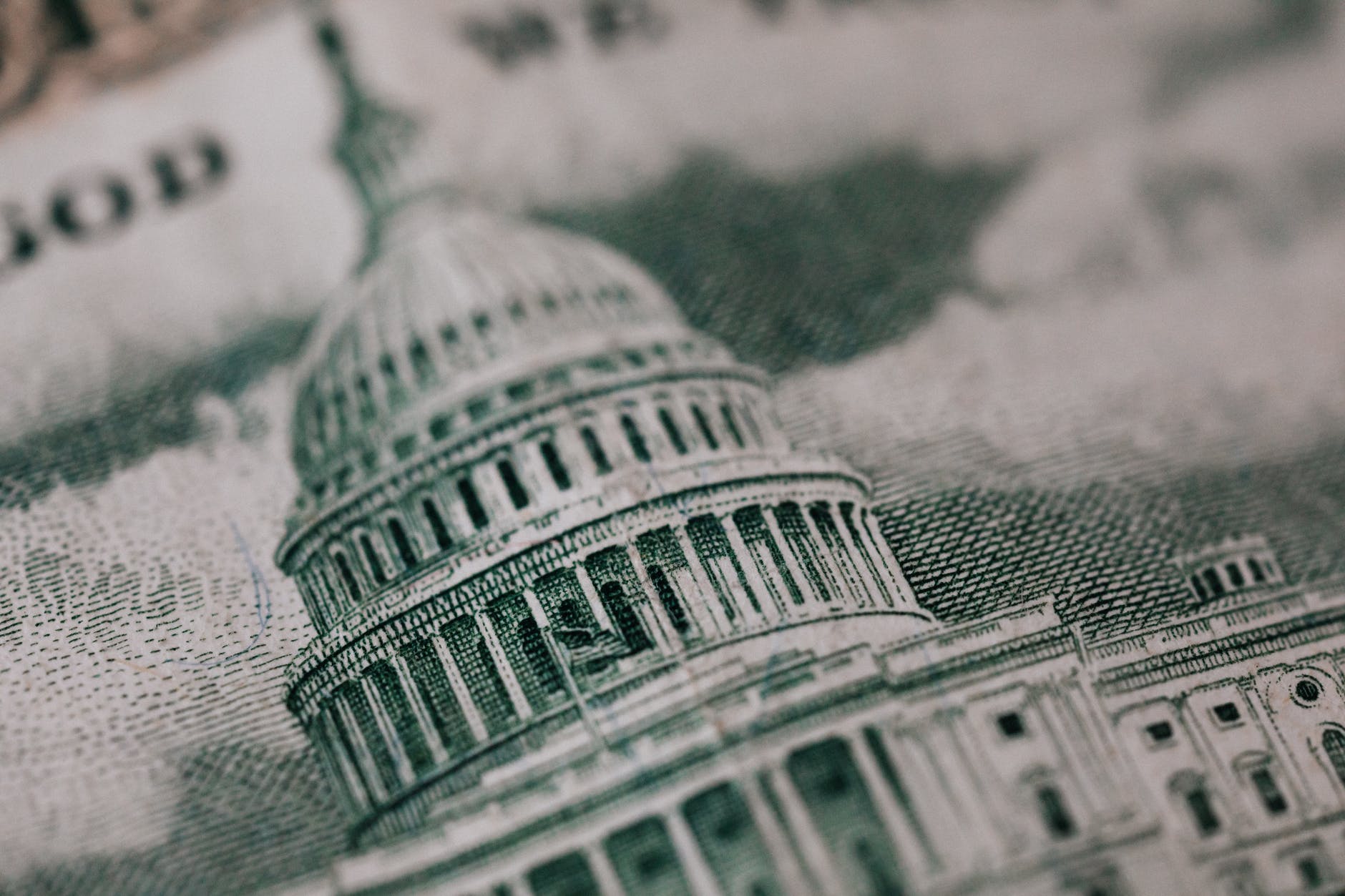China’s Digital Yuan: What to Know About the First Major Central Bank Digital Currency

Matt Stankiewicz, Partner at The Volkov Law Group, rejoins us for another posting on digital currencies. Matt can be reached at [email protected].
With the rise of digital currencies, it was inevitably going to attract the attention of governments. Not just in the regulatory sense, but also in terms of utilization. The blockchain technology underlying these virtual assets provide certain advantages over traditional paper money, some of which are rather significant. This has led many to speculate that we must not be far off from central bank digital currencies (“CBDCs”), where a country issues its own digital currency in place of its fiat – or paper – currency.
Now, China has become the first major economy to introduce its own CBDC, the digital yuan. China indicated its interest in digital currencies early on and had been experimenting with the technology for several years. Now, its central bank will control a new digital version of its currency. This change has a variety of massive implications, both domestically and internationally.
Anonymity (or lack thereof) and Financial Surveillance
Many still unfortunately associate Bitcoin with the Dark Web. It was only a few years ago that its primary use was to buy and sell illicit goods online, just out of reach of law enforcement. Many assume that this means that Bitcoin, and by extension most other digital currencies, provide a high level of anonymity. This could not be more false. Bitcoin merely provides pseudonymity. Users are identified by a wallet address, a random string of numbers and letters. It can difficult to connect a wallet address back to a user, but not impossible.

If you were to get that information, it would then reveal that individual’s entire financial history. Bitcoin, for example, is underpinned by a public ledger. This ledger records each and every transaction ever conducted on that blockchain. Using a block explorer or some sort of blockchain data analytic platform (such as Chainalysis or CipherTrace) will allow you to see the complete flow of funds to and from a wallet address. So, for example, if you owed a friend some money, and they gave you their wallet address to send some Bitcoin to, you could plug that address into one of these tools and see EVERY transaction they’ve ever made from that wallet. Anonymity be damned, Bitcoin is actually extremely transparent.
So here, with China’s digital yuan, you can imagine it will be very similar. While their ledger is surely centralized at their central bank and not available to the public, you can also be sure that this authoritarian government will have full access to it and will certainly be tracking the movement of money amongst and between its citizens. This technology will allow for an entirely new level of surveillance on the financial transactions of its users. Contrast this with paper money – if I hand you a $5 bill, the government has no idea. As China shifts towards a fully digital currency, it will have unfettered surveillance on its citizens’ finances.
Airdrops – Streamlining Money Transfers
The COVID19 pandemic has led to a need for economic stimulus as governments around the world are providing direct payments to citizens. The U.S. has done the same. It hasn’t been easy though, as the Treasury Department has been tasked with distributing this money across the country. They’ve used methods such as paper checks and preloaded debit cards, but these have been slow, cumbersome, and many eligible individuals have not received the money they deserve due to a variety of problems. The Treasury Department has even set up a new office solely to handle these endeavors. There must be an easier way.
Veteran cryptocurrency users are surely familiar with “airdrops.” One of the more noteworthy airdrops in recent months was for the Uniswap governance token. In distributing their token, Uniswap announced they would airdrop 400 UNI tokens to anyone who had used their platform prior to the announcement. By using the platform, users had to enter their wallet addresses, so Uniswap had all of those on record and the exchange decided to reward the users that had made it so successful to that point. At a specified date and time, 400 UNI tokens immediately showed up in the wallets of these users, and those 400 tokens are now valued at just under $14,000 USD.
Many new coins are distributed this way, where users check their wallets one day to see that these new coins just show up. While the underlying mechanics are slightly more involved than that, the point remains that distribution is extremely simple and efficient. Most air drops are run under smart contracts – essentially software that dictates who receives the coins and under what conditions. For the U.S., the Treasury Department would simply have to tie their database of wallets back to the IRS database, and set their income threshold. Once they push the button to execute the airdrop, all wallets in that income range would instantly receive their digital dollars. Indeed, this is how China distributed their test amounts to selected users.
On the flipside, China could certainly use this technology to instantly remove funds from its citizens. The government could simply program in the capability to do that. Let’s imagine you park in a fire zone momentarily to run into a convenience store, since all the other spots were full. While you’re inside, you get an alert that your bank account is now $50 lighter, since the parking authority walked by, saw your illegal parking job, issued a citation, and the government then immediately deducted those funds to cover that fine, all based on a smart contract existing on the blockchain.
Money with an Expiration Date
As a digital product, CBDCs are programmable. This means that central banks can do all sorts of unique things with them, just be adding lines of code to the underlying software. China has indicated that it will experiment with expiration dates, meaning these digital dollars will cease to exist after a certain time if they’re not spent. This sounds outrageous at first blush, but it could have some potential positive uses. An expiration date on money would certainly incentivize spending, which could spark an economic recovery in a dramatic fashion. Imagine how this could have been applied to the recent stimulus payments in the U.S. – use it or lose it. In the past, some governments have resorted to negative interest rates to reduce saving and incentivize spending. This comes with a host of complex problems for the entire economy though, so these expiration dates could prove to be more effective in achieving the desired outcome. Of course, China could also choose to “expire” the funds of some outspoken political opponents.
Geopolitical Implications

China represents a massive global economy; however, they are still beholden to the U.S. dollar, and that gives the U.S. some level of power over the country. OFAC sanctions continue to choke the Chinese economy and limit their economic growth. China has been searching for options and opportunities to decouple itself and may have found its answer. One other interesting part of digital currencies is that they don’t require intermediaries. The transactions take place solely on the blockchain, without the need for a financial institution as a conduit. The U.S. relies on many financial institutions to provide the “bite” to their sanctions. Banks will refuse to process transactions for fear of an enforcement actions from OFAC. By removing these banks from the process, China may be able to freely transact with America’s enemies. This could open up a variety of new economic opportunities for China in North Korea, Iran, Venezuela, and Russia, just to name a few. The Biden Administration is apparently concerned by the potential threat of this digital currency, and is studying the issue as a matter of national security.















